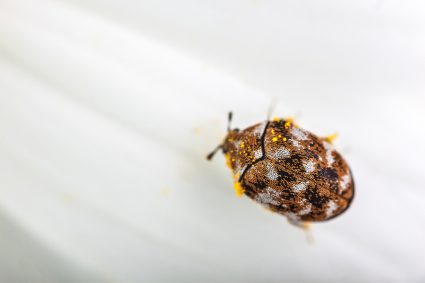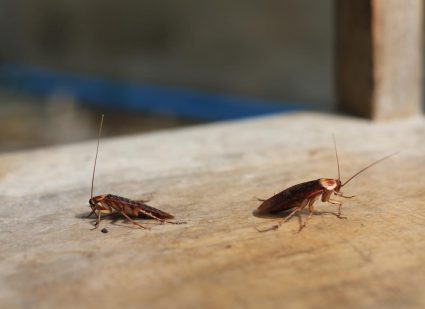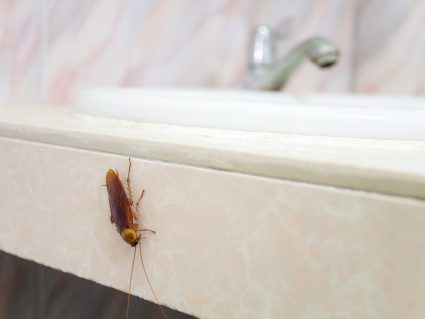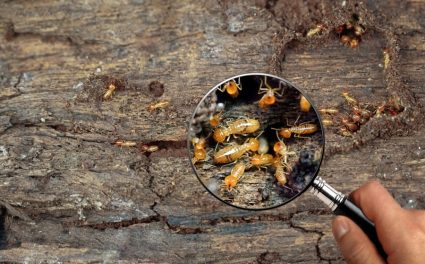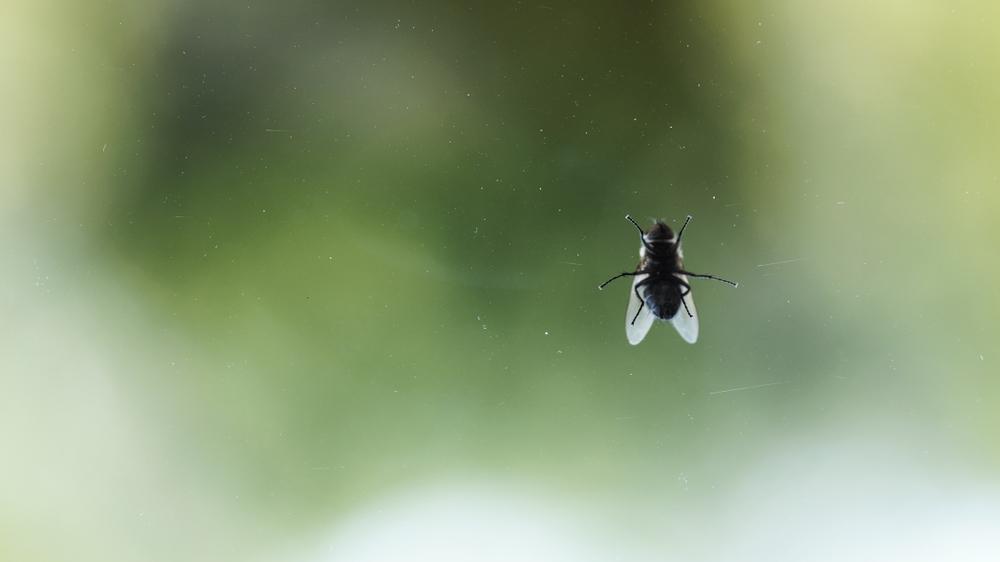
WD-40, known for its lubrication and water displacement properties, has found its way into various uses around the home. One question often raised is, “Does WD40 kill flies?” The answer is not as straightforward as one might hope.
While WD-40 is not specifically designed or recommended as an insecticide, it can potentially kill flies by clogging their breathing holes, leading to suffocation. However, this method is not immediate or highly effective. It’s important to note that using WD-40 to kill flies is not advised due to potential health hazards and environmental concerns. It’s better to use products specifically designed for pest control.
WD40: A Fly Killer?
WD-40 is not designed to be an insecticide. Its primary purpose is for lubrication and it’s widely used for rust prevention, squeaky hinge fixing, and even removing sticky residues. However, some users have found it to be somewhat effective as an insect deterrent.
For instance, spraying WD-40 around flower beds can help repel cats, and applying it to the bottom of chain-link fences can deter rabbits and rodents. It has also been reported that spraying WD-40 on window and door frames can help keep bugs out of the house.
While WD-40 might have some effect on insects, it is not a dedicated insecticide and should not be relied upon as a primary method for killing flies or other pests.
The Effect of WD40 on Flies
WD40 does not directly affect the life cycle of flies. However, it can potentially kill insects, including flies, by clogging their spiracles, which are the holes through which they breathe. This can lead to suffocation, although it might take some time for the insects to die.
It is important to note that WD40 is not specifically designed or recommended for killing insects, and there may be more effective and appropriate methods for controlling flies and other pests.
Potential Risks and Dangers
Using WD-40 as a fly killer is not recommended, as it is not designed for this purpose. The chemicals in WD-40 are intended for lubrication, not for killing insects. There are several potential risks and dangers associated with using WD-40 as a fly killer:
- Inhalation: The main risk of using WD-40 is inhaling its vapors, which may have adverse effects on health if inhaled over an extended period of time.
- Skin exposure: Prolonged and/or repeated contact with WD-40 may produce mild irritation and defatting of the skin.
- Toxicity: WD-40 contains aliphatic hydrocarbons, which can cause organ damage, skin irritation, and allergies. If ingested, it can be fatal.
- Environmental impact: WD-40 can be harmful to aquatic life.
- Ineffectiveness: WD-40 is not a proven insect killer, and it is not capable of smothering the spiracles through which insects breathe.
It is better to use products specifically designed for killing or repelling insects, as they are more effective and safer for both humans and the environment.
Comparing WD40 to Traditional Fly Killers
Traditional fly killers come in various forms, such as fly swatters, electric traps, sticky traps, and insecticides. These methods are specifically designed to target and eliminate flies and other flying insects, making them more effective than WD-40 in controlling fly populations.
In comparison, WD-40 is primarily a lubricant and does not contain active ingredients specifically designed to repel or kill bugs. While WD-40 can be used to kill bugs and create a barrier to keep them away to some extent, it is not as effective as traditional fly killers specifically designed for this purpose.
How to Use WD40 Against Flies
WD-40 can be used as a deterrent against flies and other insects, but it is not a bug killer. To use WD-40 effectively against flies, you can apply a light coating of it around your doorframes, windows, and any other openings to create a barrier between the outside and inside of your home. This will help deter insects from coming in. However, it may not be as effective against flying insects like flies, but it can help keep crawling insects like ants and spiders at bay.
Moreover, WD-40 can be used to keep flies off cows and pigeons off balconies, as they dislike the smell.
Remember, WD-40 is not a complete solution for bug control. Maintaining a clean home, sealing and storing food properly, and removing any unnecessary structures that could harbor insects is also crucial. Consider using other long-lasting insect repellents for a more effective and targeted approach to pest control.
Environmental and Health Concerns
WD-40 contains petroleum base oil and aliphatic hydrocarbons, which can be toxic to dogs, cats, and humans. Ingestion or inhalation of these ingredients may cause petroleum hydrocarbon poisoning, affecting the gastrointestinal tract or lungs.
Moreover, WD-40 can be harmful to aquatic life. A single drop of oil can create a large oil slick in water, potentially causing damage to the environment. Therefore, it is essential to consider the potential environmental impact when using WD-40 to kill flies or for any other purpose.
Conclusion
While WD-40 may have some effect on flies and other insects, it is not specifically designed or recommended for this purpose. Its use as an insecticide comes with potential risks and dangers, including health hazards and environmental concerns.
For a safer, more effective approach to controlling flies, consider using products specifically designed for this purpose. These products contain active ingredients intended to kill or repel insects and are likely to be more effective and safer for both humans and the environment.
Frequently Asked Questions
Can WD-40 harm pets if used as a fly deterrent?
Yes, WD-40 can be harmful to pets if ingested or inhaled. It contains petroleum base oil and aliphatic hydrocarbons, which can cause petroleum hydrocarbon poisoning, affecting the gastrointestinal tract or lungs.
Is WD-40 flammable?
Yes, WD-40 is flammable. The aerosol cans contain a propellant that is highly flammable, so they should never be exposed to open flames or high heat.
What are some safer alternatives to WD-40 for pest control?
Safer alternatives to WD-40 for pest control include insecticides and repellents specifically designed for this purpose. These can include sprays, traps, and electronic devices. Natural alternatives such as essential oils, vinegar, and diatomaceous earth can also be effective.
Can WD-40 be used to repel other pests besides flies?
Yes, WD-40 has been used to deter a variety of pests, including cats, rabbits, rodents, and other insects. However, it is not specifically designed for this purpose and may not be as effective as products specifically designed for pest control.
How often should I apply WD-40 if I’m using it as a bug deterrent?
There’s no set rule for how often to apply WD-40 as a bug deterrent, but keep in mind that it is not a long-lasting solution. You may need to reapply it frequently, especially after rain or heavy dew. However, it is not recommended to use WD-40 as a primary method for pest control due to its potential health and environmental risks.


